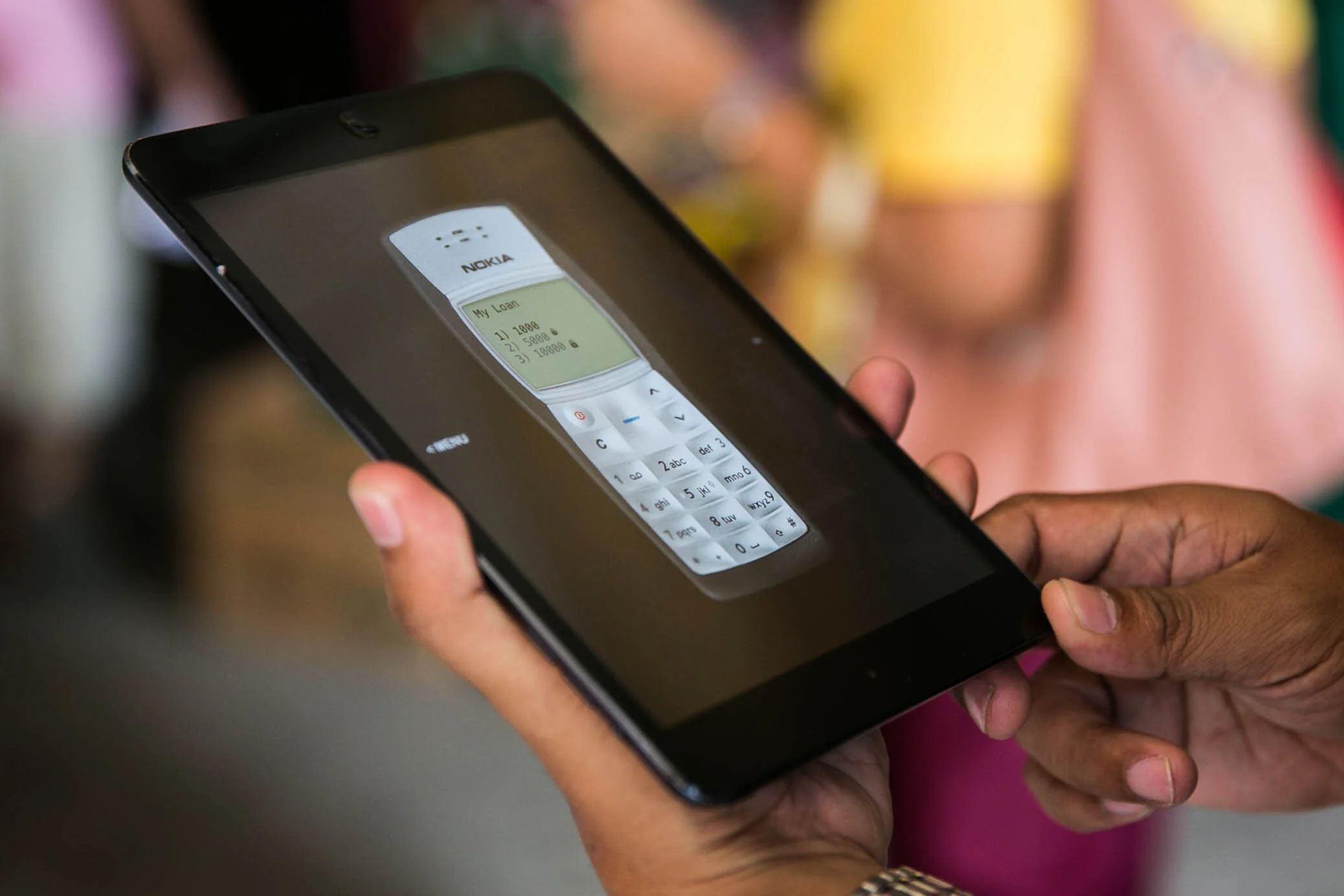
IDEO.org + Mercy Corps
Redesigning financial services tools for post-typhoon recovery.
WHAT
Service Design
Interaction Design
Human-Centered Design
WHERE
San Francisco
Tacloban, Manila, The Philippines
After tragedy strikes a community, the first kinds of support come quickly: food, water, shelter and clothing. What comes next to rebuild a community is support towards financial independence and economic mobility, especially for the unbanked. Acknowledging this need, Mercy Corps wanted to think proactively about what to do next.
WHY?
In a region constantly ravaged by natural disaster, this was an opportunity to not just meet the need now, but almost surely for the future. And to do this right we would need to partner with a not just prototype internally, but to partner with bank to truly build a product to meet this need. We collaborated in partnership with one of the leading banks in the Philippines, BanKO, to address the immediate unmet needs, but to not stop there; we kept thinking towards meeting the aspirational needs of financial stability.
Process
We started in these rural communities, working through weeks of research and prototyping to learn the best ways to help a community in recovery. Each day was a new opportunity to learn through individual interactions and playful methods, like a dice game that functioned as a conversation starter on sometimes hard to talk about financial issues, to help create fun ways to engage.
Outcome
The result of our research and prototyping was a plan to pilot a mobile loan service for rural communities, while also establishing a new lifetime loan for future financial protection. We saw that when customers grow their livelihoods using a loan they begin to see the benefit of the fund, encouraging adherence, loyalty, and re-engagement with this new loan product.
To help them build credit history and qualify for bigger loans. we designed a service to build credit instead of requiring it upfront. To do this we asked for documentation that rural beneficiaries are more easily able to produce, all built around a service that is approachable and convenient for people who are not mobile-savvy.
Ultimately our work developed a pilot plan that started processing real loans, learning quickly how to continue building towards a mobile service that truly meets the financial needs of rural unbanked Filipinos.













